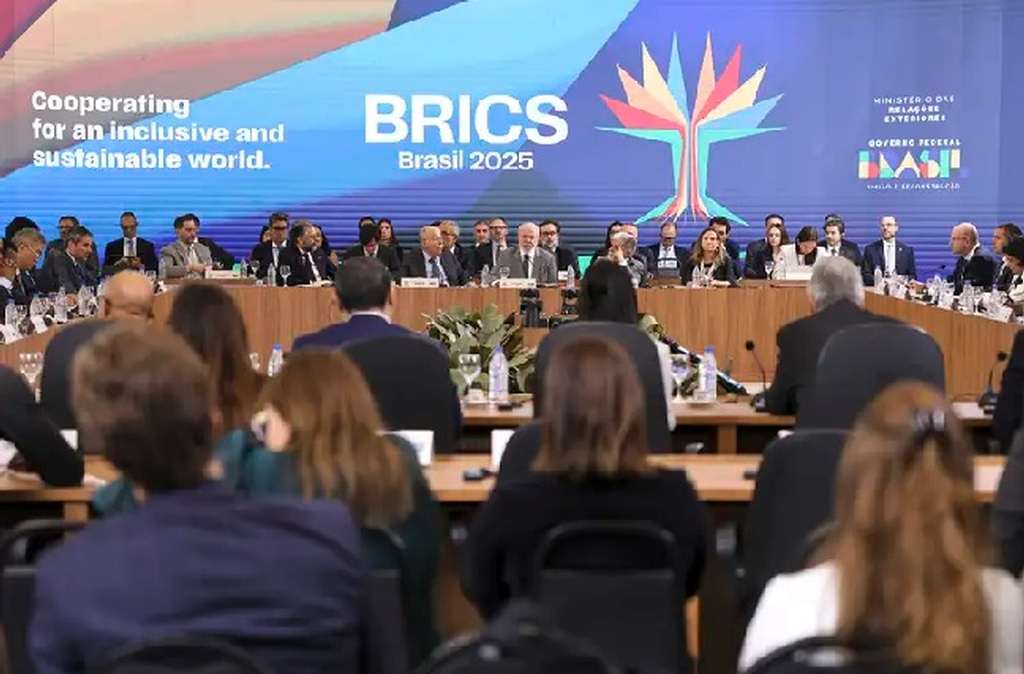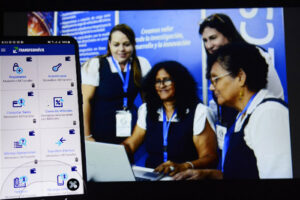President Luiz Inácio Lula da Silva said today that Brazil’s priorities in the Brics presidency during 2025 will serve to advance discussed agendas, such as peace and environmental preservation.
«In this moment of crisis, our historic responsibility is to seek constructive and balanced solutions,» Lula said on the second and last day of the first meeting of the group’s chief negotiators, which was held at the Itamaraty Palace, the foreign ministry’s headquarters in the capital.
He also assured that the Brics will continue to be a key player so that the ideals of the 2030 Agenda, the Paris Agreement and the Pact for the Future can be fulfilled.
«The Brazilian presidency will reinforce the bloc’s vocation as a space for diversity and dialogue in favour of a multipolar world and less asymmetrical relations,» he said.
This event of the 11-nation bloc led by Brazil, Russia, India, China and South Africa served to present Brazil’s priorities at the helm of the group.
These will be cooperation in global health, the financing of actions to combat climate change, trade, investment and finance.
Likewise, the use of local currencies in financial operations, artificial intelligence (AI) and the institutional development of the Brics.
For Lula, cooperation in health is one of the most urgent issues for the Global South.
He announced that a global health defence mechanism will be launched and recalled that previous experiences, such as the Covid-19 pandemic, should provide lessons for countries.
«Poverty, lack of access to basic services and social exclusion are fertile ground for diseases such as tuberculosis, malaria, dengue fever and others that together threaten nearly 1.7 billion people in the world,» he said.
He insisted that, during the Brazilian leadership of the group, «we intend to launch a partnership for the elimination of socially determined diseases and neglected tropical diseases».
He warned that the disagreement over the pandemic treaty, even after Covid-19, and the mpox calamity, «testifies to the lack of cohesion of the international community in the face of serious threats».
Sabotaging the work of the World Health Organisation is a mistake with serious consequences, he denounced.
At the same time, he stressed that AI offers extraordinary opportunities, but also ethical, social and economic challenges.
In that sense, Brazil is proposing the Leaders’ Declaration on Governance of Artificial Intelligence for Development.




